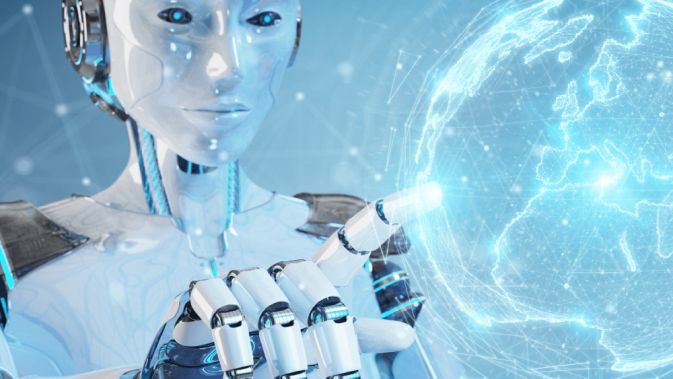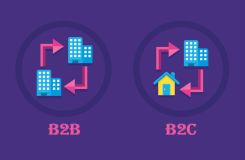
The ability of a gadget or computer system to replicate intelligent human behaviour is known as artificial intelligence. Although AI has been in research since the 1950s, recent breakthroughs have prompted many to predict that it may soon be able to duplicate all elements of human behaviour, if not surpass it. There are two varieties of artificial intelligence: weak artificial intelligence (or narrow AI), which is capable of performing tasks such as chess, and strong artificial intelligence, which is capable of interpreting natural language input.
Artificial Intelligence (AI) is defined as a machine's replication of human intelligence. Over the years, a lot of money has been poured in this sector, dating back to when robots were first invented more than 50 years ago, before any major progress on true Artificial Intelligent devices/systems was made.
Why are people so concerned about AI's future?
Artificial intelligence is transforming the way we live and work at a rapid pace. With these new technology, mankind has transformed many facets of life, from clever robots that can take your work to self-driving cars. However, there are significant obstacles on the horizon, such as ethical considerations in AI research, including data subject privacy protection.
Artificial Intelligence (AI) has become a hot topic in recent years, not only among scientists but also among global media outlets, which have frequently warned about "killer drones" and other potential dangers resulting from an overreliance on robotic systems, which include those capable of deciding whether someone lives or dies by taking responsibility away from humans in critical situations such as military conflicts.
What do experts predict for the next few decades?
Many analysts feel that the next few decades will be a pivotal period in human history. Experts are considering a variety of factors, including population increase, climate change, and technological improvements, to make projections about what the world will look like in 2050 or 2100.
Many people agree with this perspective because, given our present rate of exponential growth, there is so much possibility for development over the next few generations — think driverless automobiles and self-driving trucks!
How do we prepare for a future with AI?
Some individuals say they want artificial intelligence to be phased out, but I believe it is easier said than done. It appears to be impossible, not only because there is so much momentum behind its development and adoption right now, but also because, if you were to try this approach, how would you go about implementing such an idea without any sort of clear plan or strategy, and with all of these powerful corporations pushing their own agendas through AIs? So here are three suggestions for what people might be able to control: – When using self-driving automobiles, be cautious. Self-driving cars may soon be able to completely replace personal vehicles.
Is there anything that can be done to prevent this?
Our forefathers and mothers grappled with the same issue aeons ago. Some of them strove in vain to prevent what was unavoidable, while others were satisfied in the knowledge that for every life lost to battle, a new one awaited on the other side, and that all would eventually find peace.
Is there anything that we can do to help?
People have encountered this dilemma in the past, and some have worked valiantly to avoid it. However, they failed terribly because those who came after knew better than anyone how worthless their efforts would be. The cycle repeats indefinitely until both sides are weary, at which point they live peacefully together once more.
Was this helpful?
Kingerlon collects & utilizes cookies from third-parties & affiliate networks to improve user experience. If you buy a product or service after clicking on one of our links, we may get a commission.









